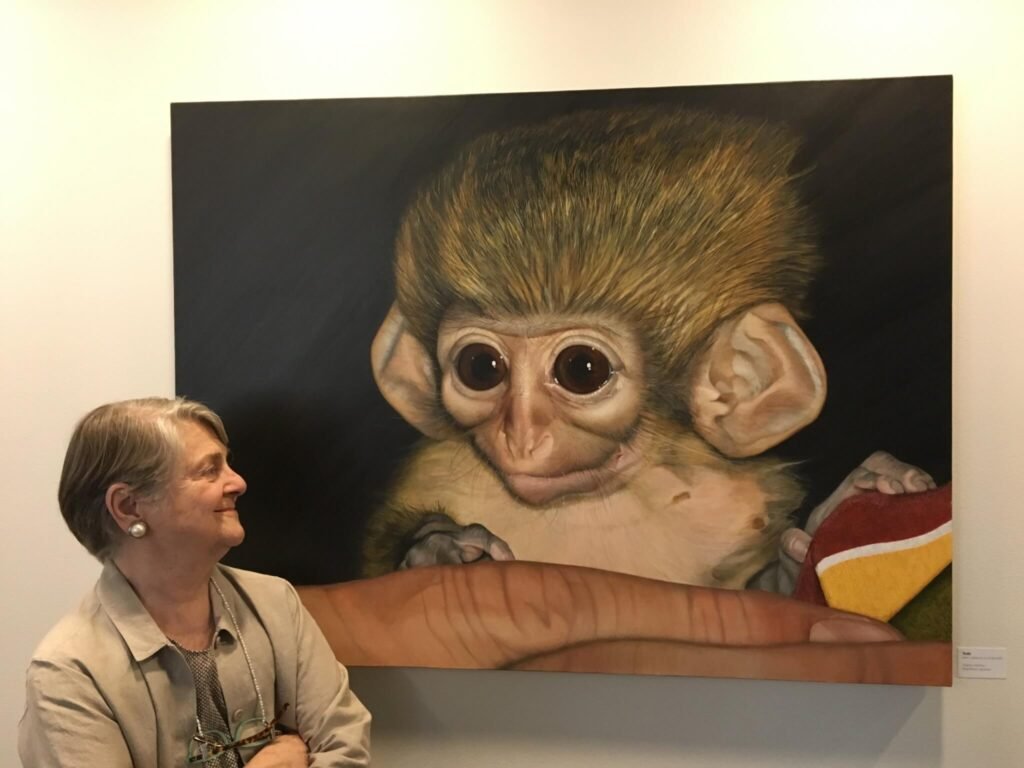How do we manage our own time and what conclusions can we draw from this? In the book “Wishcraft. How to Get What You Really Want”, the author, Barbara Sher, says that after analyzing our day, we most likely find ourselves belonging to one of the types: “procrastinator” or “good person”. Which one are you and what to do about it?
Wishcraft: How to Get What You Really Want by Barbara Sher
I’m finishing reading my last book of the favorite Barbara Sher. For several years, I read this woman before going to bed and feels like having a spare mother. Sometimes she talks about very simple, but “successfully” forgotten things, sometimes – unexpected ones, from a different angle, sometimes just daily life related and witty. Her warm caring tone, endless optimism, a very practical recognition that we are ordinary people with limited, but still, opportunities are always inspiring. Barbara (1935-2020) was a mother, motivational speaker, psychoanalyst, who was clearly ahead of her time with her progressive ideas (her feminism is very striking, in particular).

Wishcraft is her most famous and, in my opinion, the most boring book. However, there are, of course, useful ideas. One of them successfully fell on my recent reflections: that’s what life is. Barbara Sher puts it this way: “the way you spend your days is the way you spend your life”. Life consists of small everyday details, and this is the most important thing.
In one of her other books, Barbara wrote that in the end it doesn’t matter if we are good parents, what’s important is the moments that our children will remember, and we can create these moments ourselves. It’s a cool idea that gives us a leg up. Let’s say you didn’t have a resource all week and snapped at a poor child, but at the end of the week you took that child in your arms, hugged them tightly and said: listen, I’m having hard times, but I want you to know that you are very important and I love you deeply. Or make some crazy (simple hh) cake together. This is how memorable moments are created.
A procrastinator or a good person
Let’s return, however, to our days. Barbara Sher advises to analyze how exactly we manage our time. So take a week and write it down: on Monday morning I did this, at lunch that, in the evening that. Then, says Barbara, we will most likely discover one of two things:
- I had no idea that I was wasting so much time! (procrastinator)
- On my tombstone they will write “Good person. Everyone around her was fed, clean and happy.” (good person)
Procrastinator
I always emphasize that I do not believe in procrastination. “Procrastination” refers to some other outstanding needs or priorities. In the first case, Barbara Sher says, schedule your avoidant patterns. In short, we allocate an hour a day for “procrastination” (one, two, three hours a week, everything is flexible and within the limits of your personal capabilities). We divide this hour into two: half an hour for the goal (we take the smallest steps in what we consider necessary but never actually do), and in the second half hour we force ourselves to put everything aside and do random stuff: spit at the ceiling, embroide, watch series etc. The second half hour is the time that belongs only to you, when you can officially do anything for yourself or do absolutely nothing. It’s the antidote to procrastination.
Good person
In the second case, Barbara Sher says the following. If you have a great time cleaning, cooking, washing and entertaining your housemates – everything is fine – don’t let anyone dare to tell you that you should do something more important or interesting. But if there is a feeling of boredom and suffocation in the routine – stop. There is only one life, we live it once, so we should have what we want. Don’t know what you want? Write a list of everything you would like to do in our lifetime, and then cross out everything you cannot do in the next six months. And then do things from the short list and show others the light in your eyes – this will help children to see you as someone who loves life and inspires to love yourself. Here is the value.
“Selfish” people love with all their heart. They may not take care of their loved ones from the cradle to the grave, but they do something better: they give them the gift of self-respect and strength and freedom. Self-sacrificers create bonds of guilt. If your children look into your eyes and see delight, they got a good world. If so you’re tired, angry you can’t enjoy them, what they’re going to feel is “I don’t care about Christmas present or my lunch. Why don’t you ever smile?“
Wishcraft: How to Get What You Really Want by Barbara Sher



